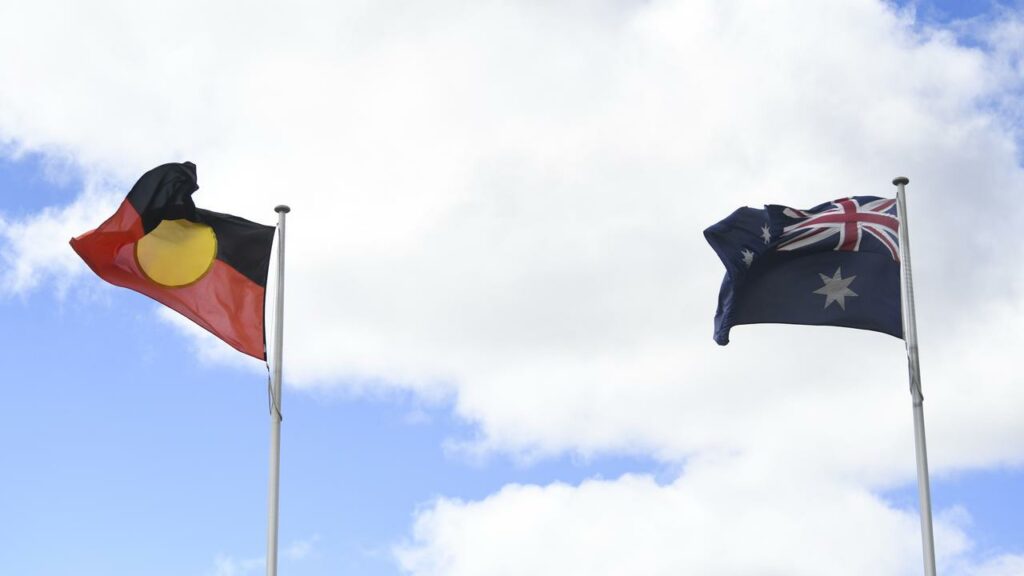Everyday racism is half the burden: ANU
Joanna Guelas |

Most Australians wouldn’t think twice about going to the shops but many Aboriginal and Torres Strait Islander people worry about being followed by security, a researcher says.
These experiences of everyday discrimination – such as receiving poor service, being accused of theft and unwarranted police attention – contribute to half of the psychological distress experienced by Indigenous people, according to the latest study.
An Australian National University study has found 30 per cent of Indigenous adults experience very high psychological distress compared to 13 per cent of non-Indigenous adults.
Half of the gap between Indigenous and non-Indigenous people could be closed if everyday discrimination was eliminated, lead author Professor Ray Lovett says.
“We need accountability,” Prof Lovett, from the Ngiyampaa mob in western NSW, told AAP on Friday.
“We can’t switch off what has happened to each individual Aboriginal and Torres Strait Islander.
“We still have that memory and that will last a lifetime.”
Prof Lovett said Indigenous people worry about being followed by security, given racial stereotypes still abound.
“There’s no biological reason why we have the inequity that we do have around health,” he said.
Almost 10,000 Aboriginal and Torres Strait Islander adults were surveyed as part of the study.
The findings of the study are just the tip of the iceberg, co-author Dr Katie Thurber said.
The impacts of other forms of interpersonal discrimination and structural racism were not captured within the study.
Based on the survey results, the researchers suggested 74,000 Indigenous people in Australia were severely distressed, solely from racism.
That’s similar to the size of Bunbury in Western Australia or half the population of Cairns.
While all levels of government have committed to eliminating racism under the Closing the Gap agreement, every day Australians tackling racism is just as important, co-author Tom Calma AO said.
“If the contribution of interpersonal discrimination, let alone the whole system of racism, could be this big, how can we justify inaction?” Prof Calma said.
“If we could wave a magic wand and get rid of racism tomorrow, we would still see the lasting damage it has caused.”
13YARN 13 92 76
Lifeline 13 11 14
beyondblue 1300 22 4636
AAP